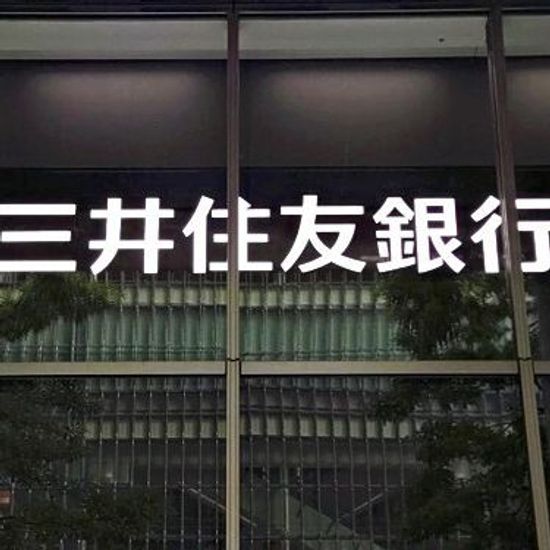The booming popularity of the ‘harami’ cut in yakiniku (a style of Japanese BBQ) is hiding a challenging reality faced by many yakiniku restaurant owners. While the demand for this succulent cut of meat continues to rise, restaurant owners grapple with supply chain issues, unpredictable meat costs, and the looming specter of customer dissatisfaction. This piece shines a light on these unsung heroes of the food industry as they navigate a path through these challenges.
In Japan, yakiniku is more than just food, it's a social affair. It is customary for friends and families to gather around a yakiniku grill, cooking and sharing a variety of meats. The recent trend favoring 'harami' - a flavorful and tender cut - is making headlines but also putting pressure on restaurant owners to consistently procure quality cuts. This taps into wider concerns about the struggles of small business owners in Japan and the sustainability of niche markets.
In the US or EU, small businesses, particularly in the food sector, often face similar issues. It is akin to the continuous demand for organic, local, or special cut meats in Western societies, which not only puts pressure on the suppliers but also on restaurant owners who need to satisfy the high customer expectations while struggling with variable costs and supply chain issues.

